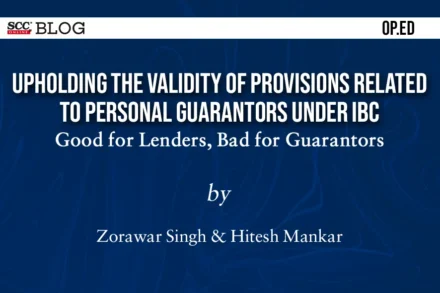
Upholding the Validity of Provisions Related to Personal Guarantors Under IBC – Good for Lenders, Bad for Guarantors
by Zorawar Singh† and Hitesh Mankar††

by Zorawar Singh† and Hitesh Mankar††
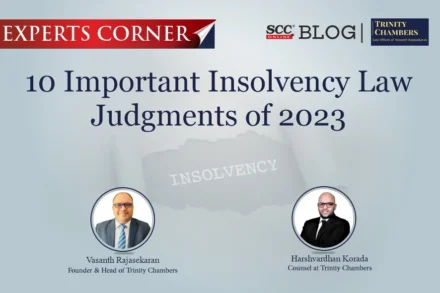
by Vasanth Rajasekaran† and Harshvardhan Korada††
Cite as: 2024 SCC OnLine Blog Exp 1
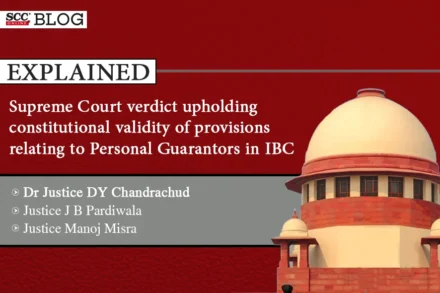
“The principle aims of IBC are to promote investment, and resolution of insolvencies of corporate persons, firms, and individuals in a time bound manner. The IBC consolidated and amended a web of laws which had led to an ineffective and inefficient mechanism for resolution of insolvencies marked with significant delay”
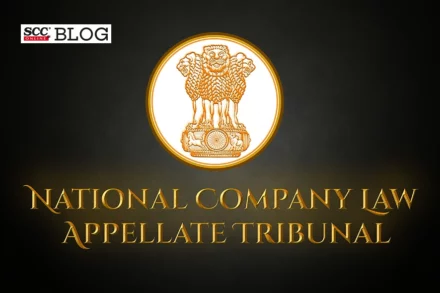
The NCLAT reiterated the importance of adhering to timelines in the Insolvency resolution process and the unacceptability of claims filed after the approval of the Resolution Plan by the CoC.

The democratic principles of the determinative role of majority opinion are enshrined in the IBC, and objections by a minority within a class, when the majority has approved a resolution plan, have no legal standing.
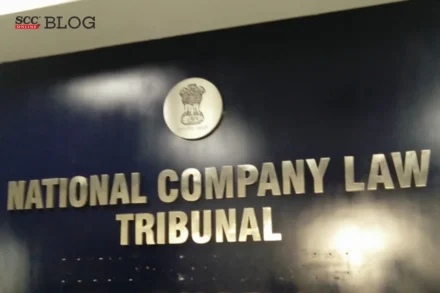
NCLT held that the Corporate Debtor failed to prove a pre-existing dispute to justify the rejection of the Section 9 application.

NCLT held that the Corporate Debtor failed to prove a pre-existing dispute to justify the rejection of the Section 9 application.

The Liquidator should endeavor to sell the Corporate Debtor as a going concern in the Liquidation Proceeding, and the appellant may participate by submitting its plan.

NCLAT observed that the issue raised by the appellant, while attractive, no longer had relevance after the closure of the CIRP proceedings.
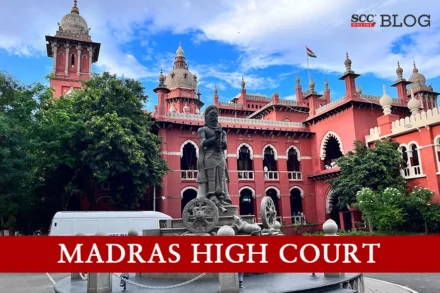
Madras High Court said that if the Arbitrators are not paid their fees / costs on account of the moratorium order, the object of arbitration will get defeated, as competent Arbitrators will hesitate to become Arbitrators in a dispute involving Companies facing financial crisis.

The principle of equality is applicable only in same class of creditors, i.e., secured or unsecured, financial or operational.

The NCLAT held that the appellant has no Locus Standi to make claim for any unpaid Fees/Costs from the members of the CoCs, as he is neither the RP in the project nor is connected with another project.

NCLAT held that CIRP be closed with respect to the Corporate Debtor since not a single ‘Claim' was received by the IRP even after the public announcement.

NCLAT held that an application preferred under Section 9 of the IBC for implementation of an Arbitral Award is not maintainable.

“In the instant case, the record establishes that there is a ‘debt’ and a ‘default’ and the Application is complete and the Adjudicating Authority has rightly admitted the Application under Section 7 of the Code.”

The NCLAT set aside Adjudicating Authority’s order initiating CIRP of the Corporate Debtor.

“When consent term itself contains clause for revival, non-giving liberty specifically for revival by the Adjudicating Authority is inconsequential”, held NCLAT

“The Adjudicating Authority does not appear to have committed any error in holding the alleged disputes claimed by the Corporate Debtor to be feeble as it is not supported by credible evidence.” NCLAT
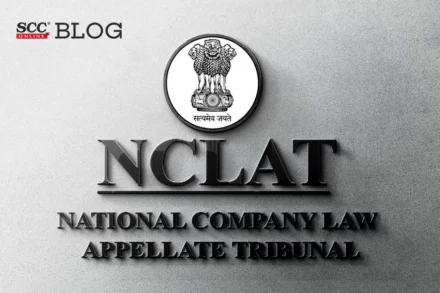
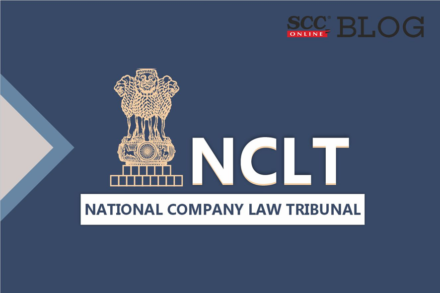
A creditor has limited grounds to object to S. 10 of IBC application.